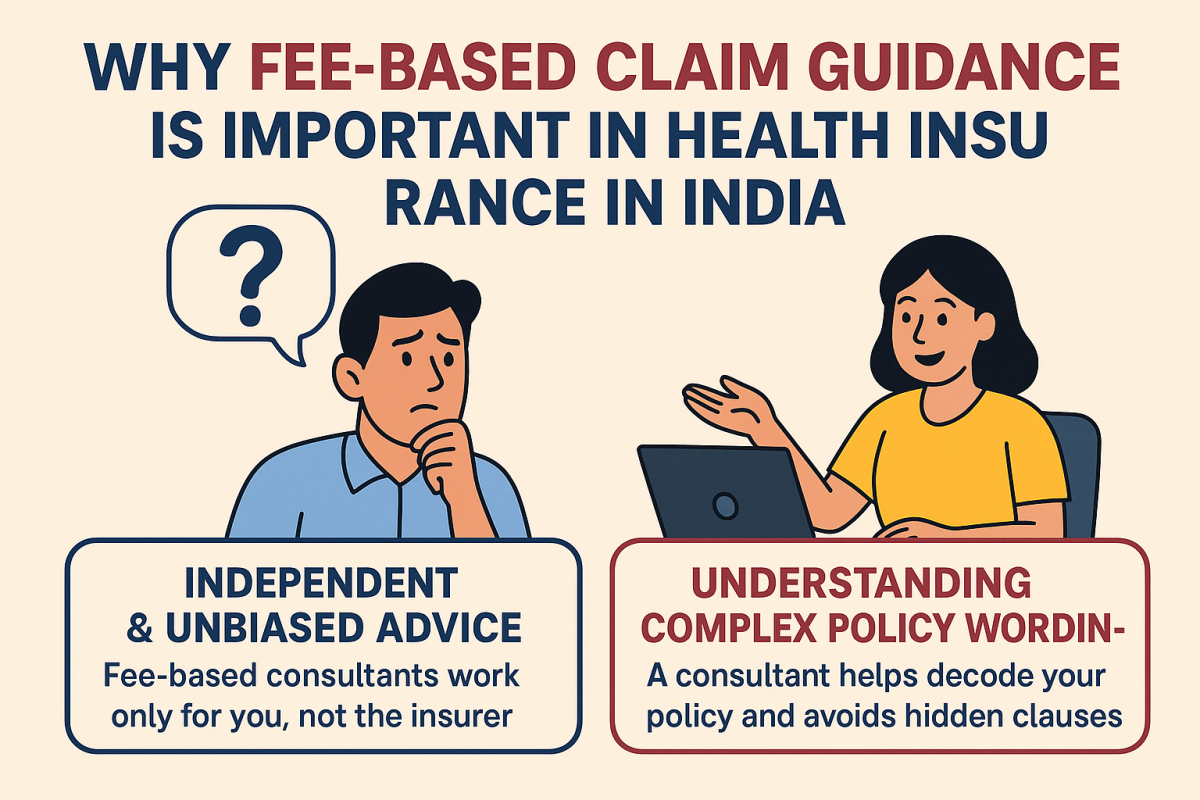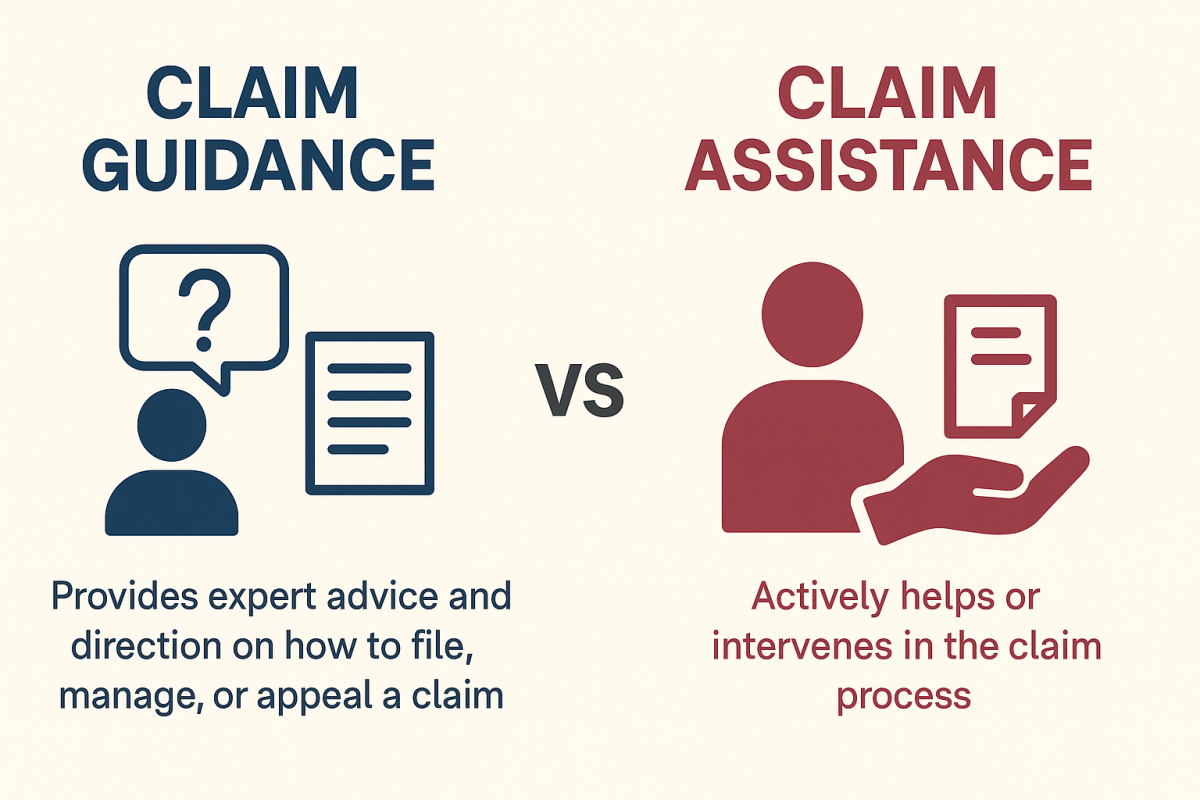In recent years, the concept of health insurance portability has gained traction in India. The Insurance Regulatory and Development Authority of India (IRDAI) allows policyholders to transfer their existing health insurance policy from one insurer to another without losing accumulated benefits such as the waiting period for pre-existing diseases. On the surface, this sounds like a consumer-friendly option. However, in practice, portability is not always as beneficial as it appears. In fact, there are several reasons why policyholders should think twice before opting for portability.
1. Risk of Policy Rejection
While IRDAI guidelines allow portability, the new insurer has every right to evaluate your risk profile. They can reject your application if they consider you a high-risk individual due to age, pre-existing medical conditions, or past claim history. This means that even if you are dissatisfied with your current insurer, there is no guarantee that another company will accept you.
2. New Underwriting Process
When you port your policy, the new insurer does not simply continue the same terms. They conduct a fresh underwriting process, which could involve medical tests and detailed scrutiny of your health history. Based on this evaluation, the insurer may increase your premium, reduce your coverage, or impose additional restrictions. What you expected as a smooth transfer might end up being a costlier or more restrictive plan.
3. Complications in Continuity of Benefits
Although the guidelines allow you to carry forward waiting periods, the process is rarely straightforward. For example, if you have already served two years of a four-year waiting period for pre-existing diseases, the new insurer may still interpret or apply it differently, causing confusion and disputes. Some benefits, like cumulative bonus or restoration benefits, may not transfer at all.
4. Loss of Long-Term Relationship Benefits
Staying with the same insurer for a long time has its advantages. Insurance companies often provide loyalty benefits, smoother claim settlements, and more personalized services to long-term customers. Portability disrupts this relationship. When you move to a new insurer, you start fresh, losing the goodwill you had built with your old provider.
5. Administrative Delays and Hassles
The portability process involves paperwork, coordination between insurers, and approval by the new company. This can lead to delays and, in some cases, even temporary lack of coverage. In critical situations, such as when you need hospitalization during the transition period, this could become a serious problem.
Conclusion
While health insurance portability seems like a convenient solution for dissatisfied policyholders, in reality, it often brings more complications than benefits. The risk of rejection, fresh underwriting, potential loss of accumulated advantages, and administrative delays make it a less attractive option. Instead of rushing to port, policyholders should first try to resolve issues with their existing insurer, consider buying a top-up plan, or evaluate whether the dissatisfaction is worth the risks of moving.
In health insurance, continuity and stability matter more than chasing slightly better premiums or features. Portability should only be considered as a last resort—never as a routine strategy.










